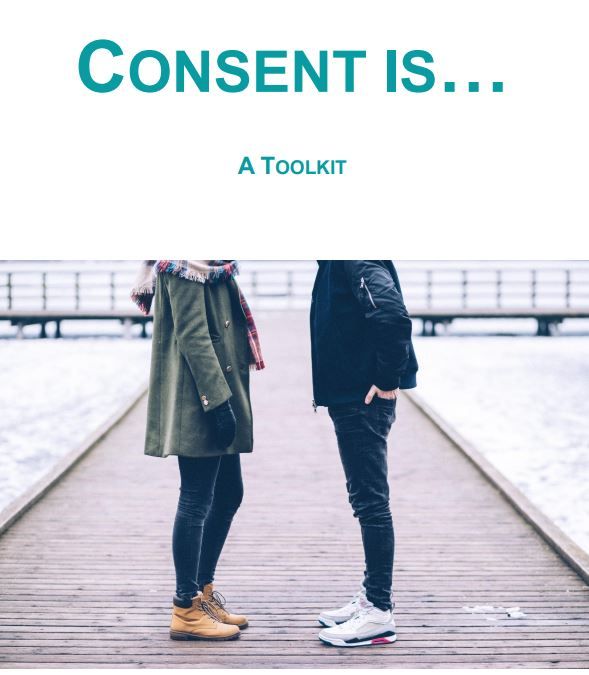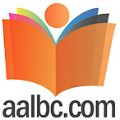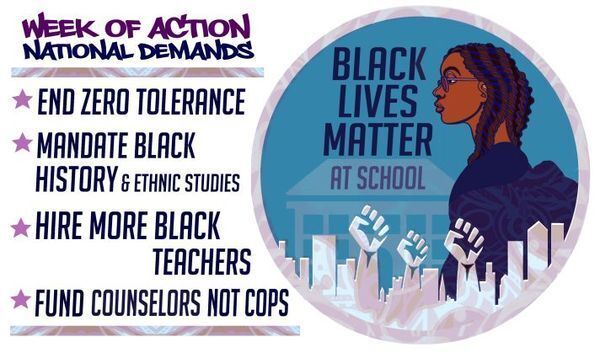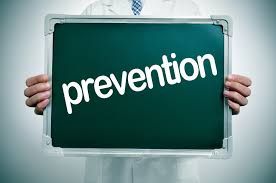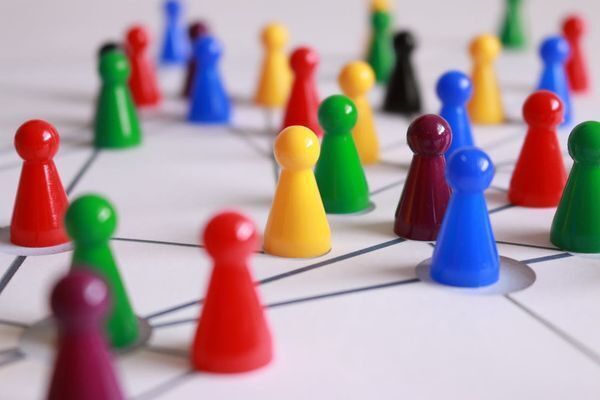-
This toolkit was created through a partnership between youth and subject matter experts from the fields of education, public health, sexual violence prevention, domestic violence prevention, and youth development. It was supported by the Rape Prevention and Education grant and in kind support from state and local partners. Over the course of 2017, a team of nine youth and thirteen subject matter experts convened monthly via conference call to develop this toolkit.
While there are many resources on consent, it can be hard to find the best among them and plan how to use them. This toolkit is designed to address that need. It provides a menu of options for starting or deepening a conversation about consent, including videos, lesson plans, images, web pages, and more. All resources are FREE and vetted by the team of youth and experts.
Resources are listed by age group, with a summary of the resource and ideas for how to use it. Please note that the age groups are approximate, and many resources can be adapted to other age groups. We encourage you to review resources for adjacent age groups when determining what is appropriate for your audience and objectives. Every community - and every young person - is different. -
As a coach, you are the most important role model in the lives of your players. It is an unfortunate reality that many of the youth you interact with face violence and abuse in their relationships, homes, and other environments. Athletics provides an opportunity for them to experience something better. Our youth deserve an equal playing field where they can achieve their full potential as athletes and human beings. You can help ensure this. We can give you tools to help.
Impact coaching will help you actualize your potential as a key role model in the lives of your players. The players on your team will soak up the messages they hear from you and everyone around them. You are responsible for the athletic environment that shapes your players. You have an unparalleled platform to impact the decisions they make today, tomorrow, and well into the future. -
A selection of books and articles that discuss racism and oppression, curated by the Oakland Public Library for parents and educators.
-
AALBC.com is the oldest, largest, and most frequently visited web site dedicated to books by, or about, people of African descent. Started in 1997, AALBC.com is a widely recognized source of information about Black authors.
Mission & Goals
- Promote literature and literary nonfiction from all over the world to readers of all backgrounds
- Satisfy readers’ book buying needs
- Serve as a resource and platform for aspiring and established writers
- Provide a variety of book production services including book printing and manuscript editing
- Provide a forum for the exchange of opinions on Black literature and culture (aalbc.com/tc)
- Foster an appreciation for reading and literacy
- Assess and report on the reading habits of African Americans
- Advocate for web equality and independence -
Black Lives Matter At School is a national coalition organizing for racial justice in education. We encourage all educators, students, parents, unions, and community organizations to join our annual week of action during the first week of February each year.
-
The United States has seen escalating protests over the past week, following the death of George Floyd while in custody of the Minneapolis police. Educators everywhere are asking how can we help students understand that this was not an isolated, tragic incident perpetrated by a few bad individuals, but part of a broader pattern of institutionalized racism. Institutional racism—a term coined by Stokely Carmichael (later known as Kwame Ture) and Charles V. Hamilton in their 1967 book Black Power: The Politics of Liberation in America—is what connects George Floyd and Breonna Taylor with Ahmaud Arbery, Philando Castile, Sandra Bland, Eric Garner, Emmett Till, and the thousands of other people who have been killed because they were “black in America.”
This context seems vital for discussions both inside and outside the classroom. The following articles, published over the course of JSTOR Daily’s five years try to provide such context. As always, the underlying scholarship is free for all readers. We have now updated this story with tagging for easier navigation to related content, will be continually updating this page with more stories, and are working to acquire a bibliographic reading list about institutionalized racism in the near future. (Note: Some readers may find some of the stories in this syllabus or the photos used to illustrate them disturbing. Teachers may wish to use caution in assigning them to students.)
-
As US racial divisions and inequities grow sharper and more painful, the work of envisioning and creating systems of authentic racial inclusion and belonging in the United States remains work in progress. We believe that reversing the trend must begin in our homes, schools, and communities with our children’s hearts and minds.
At EmbraceRace, we identify, organize – and, as needed, create – the tools, resources, discussion spaces, and networks we need to meet 4 goals:
- Nurture resilience in children of color
- Nurture inclusive, empathetic children of all stripes
- Raise kids who think critically about racial inequity
- Support a movement of kid and adult racial justice advocates for all children -
PreventConnect is a national project of the California Coalition Against Sexual Assault with funding from the U.S. Centers for Disease Control and Prevention (CDC), National Center for Injury Prevention and Control and RALIANCE. The goal of PreventConnect is to advance the primary prevention of sexual assault and relationship violence by building a community of practice among people who are engaged in such efforts. PreventConnect also builds the capacity of local, state, territorial, national and tribal agencies and organizations to develop, implement and evaluate effective prevention initiatives.
-
This policy brief presents the distilled research and critical thinking of a diverse group of local and national experts in the field of child sexual abuse and exploitation. Prevention Institute assembled this team and coordinated their efforts with the generous funding and support of the Ms. Foundation for Women. This brief focuses on strategies that hold the greatest promise for transforming communities and preventing child abuse and exploitation.


